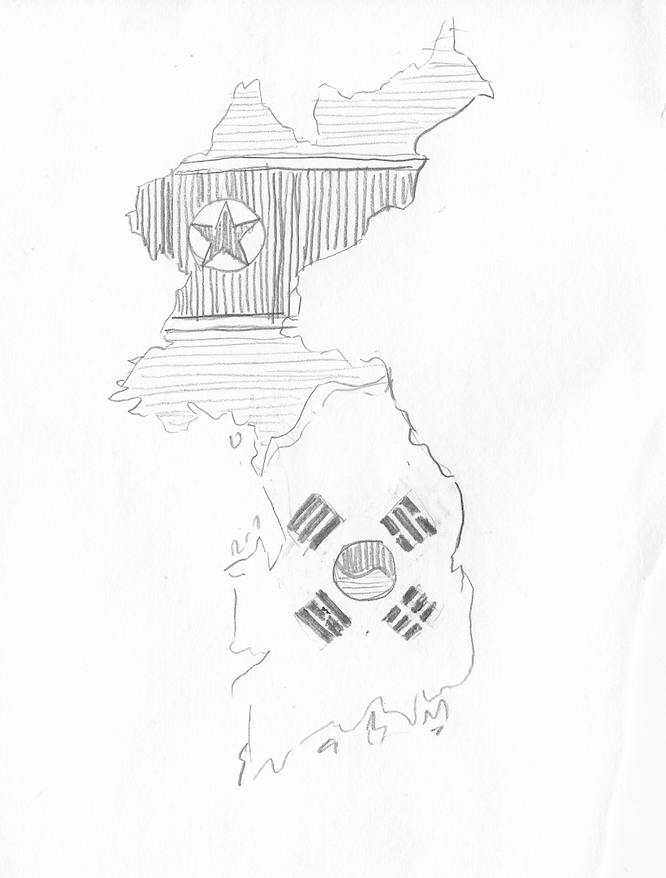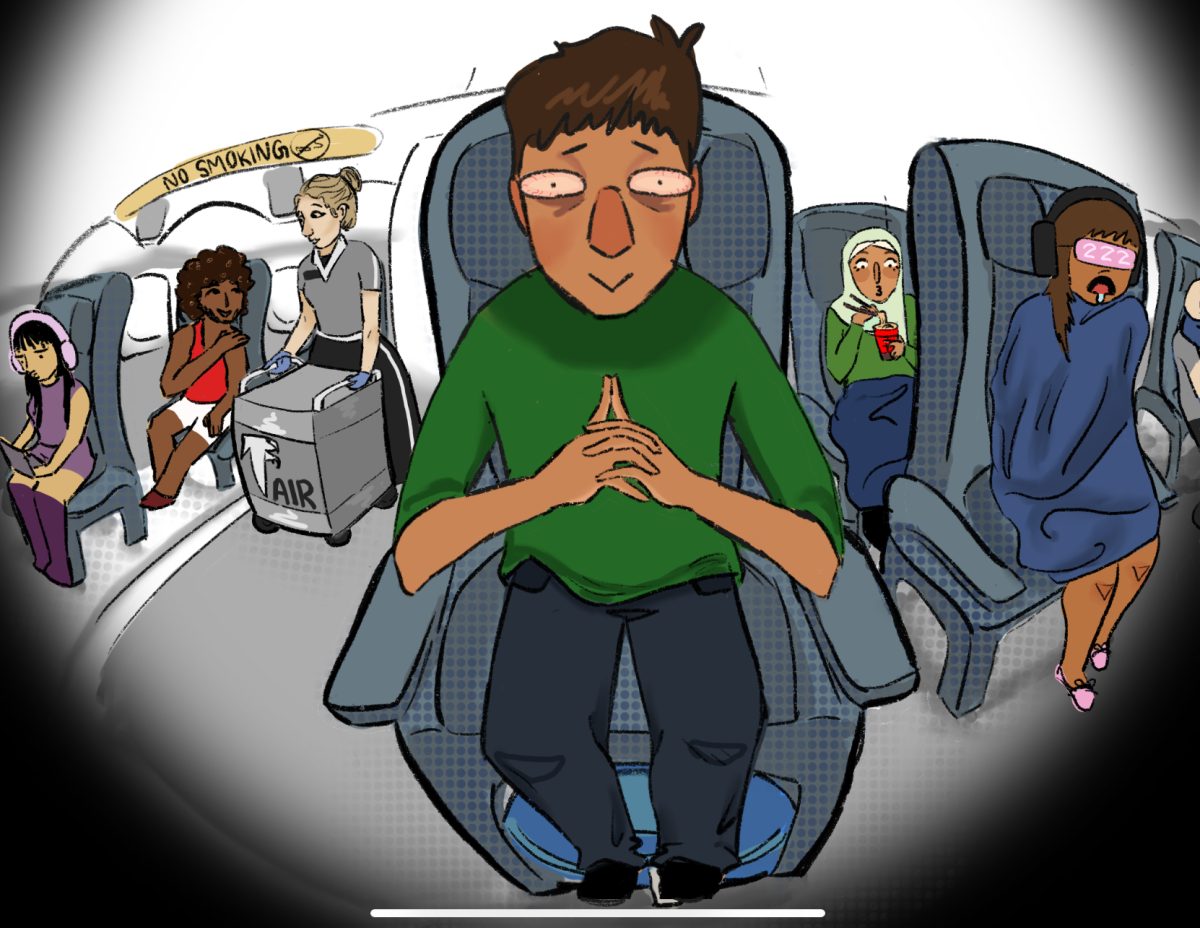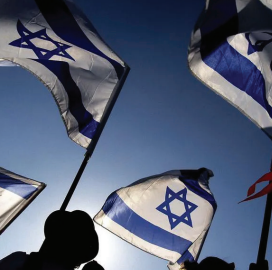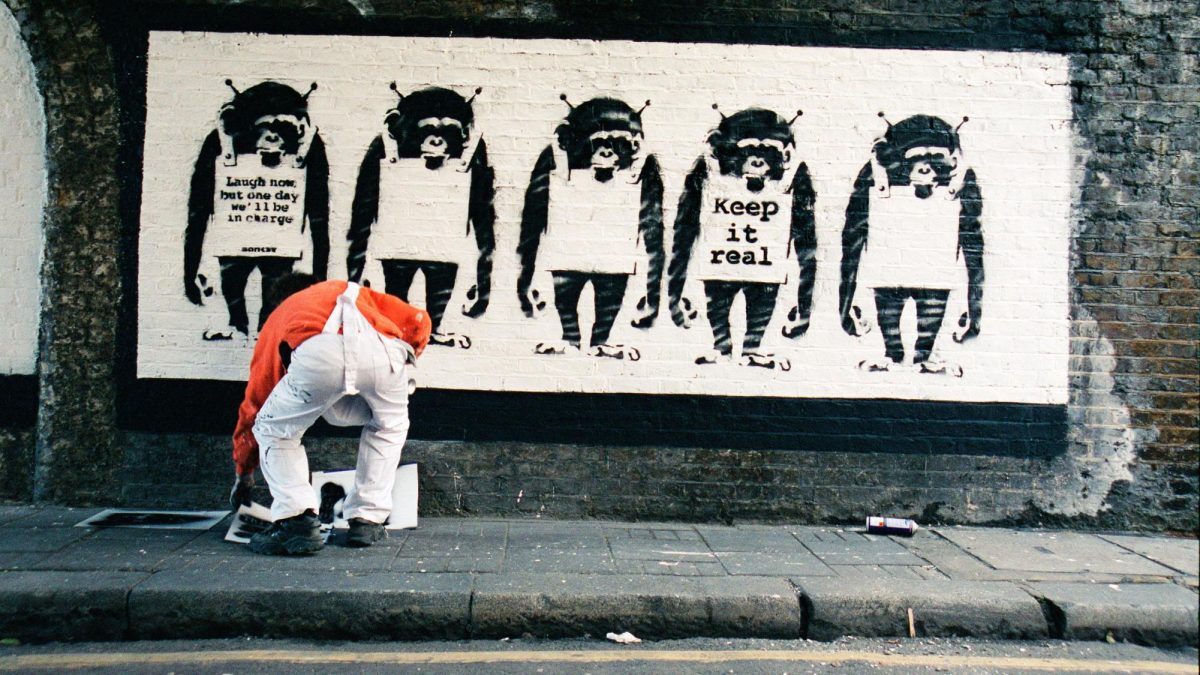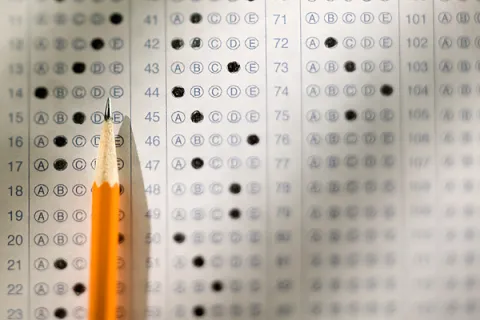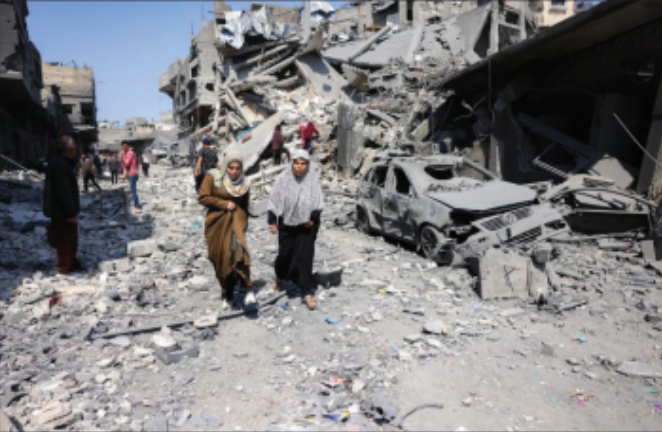The Korean peninsula should have never been divided. With a history of Western imperialism, the division’s consequences continue to cast a shadow today. According to KCNA, on January 15, 2024, North Korean leader Kim Jong-Un declared an end to seeking peaceful reunification with South Korea at a Mansudae Assembly Hall session.
The past few years have seen heightened political and military tensions between the two countries that arose from a new trilateral alliance with South Korea, Japan, and the United States, continued US-South Korea joint war exercises, and South Korean President Yoon Suk Yeol declaring North Korea as its principal enemy. Although the two countries have sought efforts to peacefully reconcile, exemplified by the 2001 construction of the Arch of Reunification, tensions have continued to accumulate; the Arch has recently been confirmed demolished. However, the animosity between the Korean countries was never the fault of its people; rather, the division serves as an allegory of US imperialism that violently separated thousands of families, a culture, and a united people.
During the years of Japanese occupation, the struggle for Korean independence was a united effort from freedom fighters across the peninsula. Following the nation’s independence, through conferences between European powers that did not directly involve people from Korea, the US and Soviet Union divided up the peninsula along the 38th parallel with geopolitical considerations. Cold War politics between the US and Soviet Union would turn Korea into a murderous zone for political competition resulting in a devastating amount of civilian deaths and damages, known as the Korean War. Although some may conclude the conflict was a civil war between the Korean people of the North and the South, a crucial point to consider is how the war was used as a proxy for colonial competition. Though the Korean War was put to a freeze by a 1953 armistice, it continues as an ongoing conflict with lasting traces.
However, it is time for a formal peace treaty between the involuntarily divided countries. Hundreds of thousands of families have been separated as a result of the war and division, and their lives shine a light on this vision. The North and South Korean governments have organized a few days where families can reunite temporarily, documented in heart-breaking photos. Even so, as the generations who were directly impacted by the division grow older, and with the recent drifting away from reconciliation, hope is lost for many of these families. A once united North and South is gradually becoming more distinct.
As Western media utilizes these events as another opportunity to demonize North Korea, make sure to look into the crucial historical context that may explain the actions of the government. For example, President Yoon continues military aggression against the North and acts like a puppet for the US – the country that had heavily bombed the North – to advance its politics in the East Asian region. It is only through looking into the future with hope that the peninsula will find peace with each other as a united people with centuries of history and culture.

